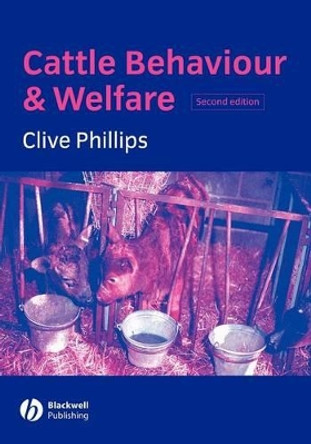Description
Behavioural Economics and Terrorism can be used as a guide to help us think about thinking and, in doing so, to appreciate the deep quirkiness of human behaviour. Each day, people draw on their understanding of human behaviour. This takes place subconsciously for the most part but as situations become more complex it becomes necessary to think more deliberately about how people make their decisions. This book can be used to better understand human action in such contexts.
In the high-stakes world of counter-terrorism, every angle of advantage is critical. From terrorists' operational choices to the way that information flows through intelligence agencies, the book explains the patterns of behaviour that systematically shape human decision-making, for good and for bad.
Decision-makers' use of reference points, their loss aversion, overconfidence, goals and aspirations all shape their choices under conditions of risk and uncertainty. This book helps to shed light on how to use these concepts (and more) to develop deeper insights into the way in which terrorists think about their attack methods and targets.
About the Author
Peter J. Phillips is Associate Professor (Finance) at the University of Southern Queensland, Australia. He applies decision theory, including orthodox and behavioural economics, to problem solving in counter-terrorism, intelligence, counterintelligence and law enforcement. He is particularly interested in showing how decision theory can be used to predict patterns of behaviour and in explaining how information (and disinformation) flows can be structured and organised.
Gabriela Pohl is Lecturer (Social Science) at University of Southern Queensland, Australia. She uses decision theory to help people make better decisions, in law enforcement, counter-terrorism and intelligence contexts. Her work emphasises the importance of 'thinking about thinking' and she strives to show how decision-makers can use behavioural economics to simplify decision tasks and identify the systematic patterns of behaviour displayed by friend and foe alike.
Reviews
"The authors of this book have presented the subject matter of the actual state of behavioral science and the "quirky" decision-making and its implications for terrorism and law-enforcement in a fascinating and stimulating way. I highly recommend this book for all readers interested in terrorism and counter terrorism." Friedrich Schneider, Professor of Economics, Johannes Kepler University of Linz, Austria
Book Information
ISBN 9780367700461
Author Peter J. Phillips
Format Paperback
Page Count 208
Imprint Routledge
Publisher Taylor & Francis Ltd
Weight(grams) 326g








